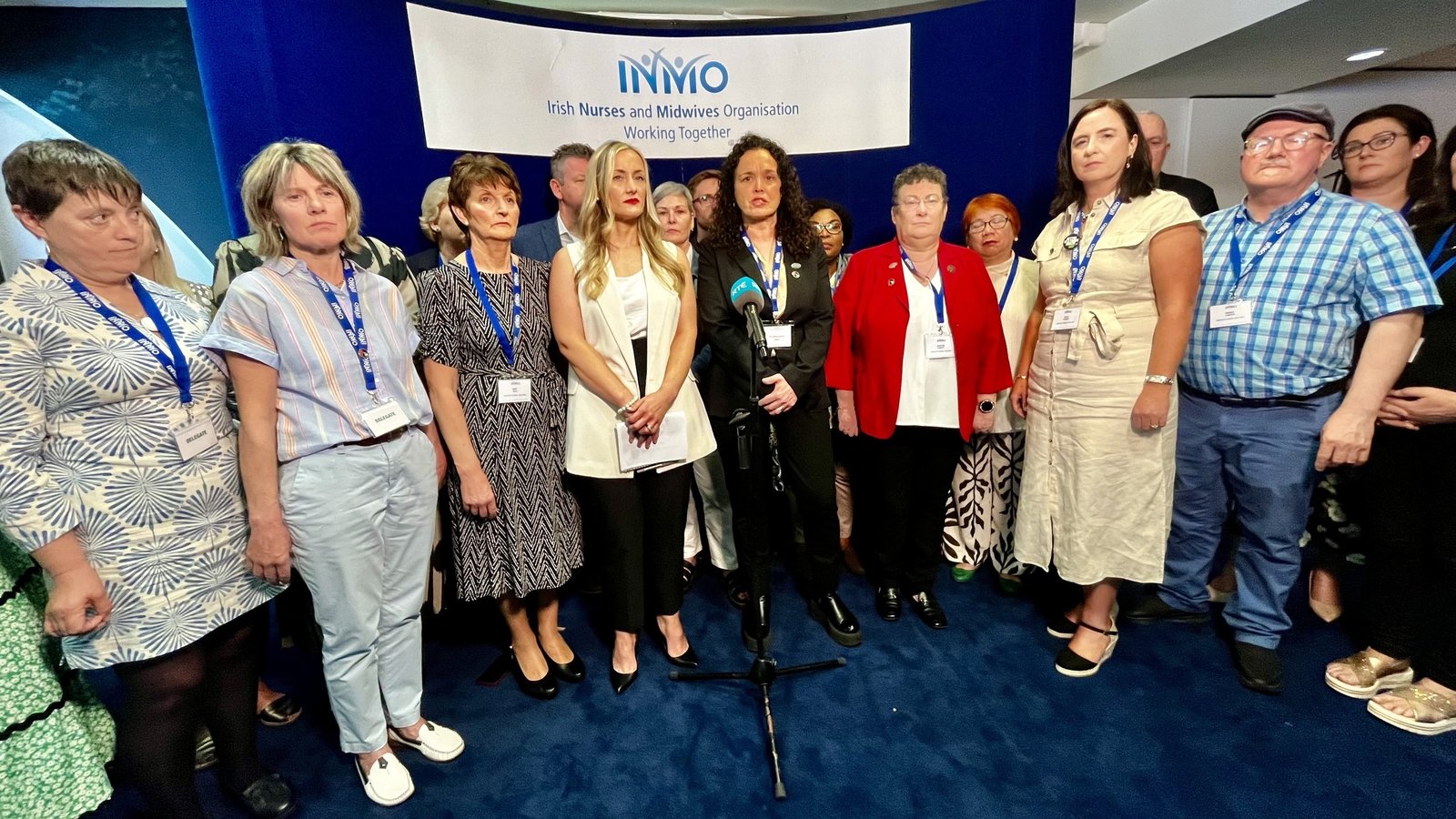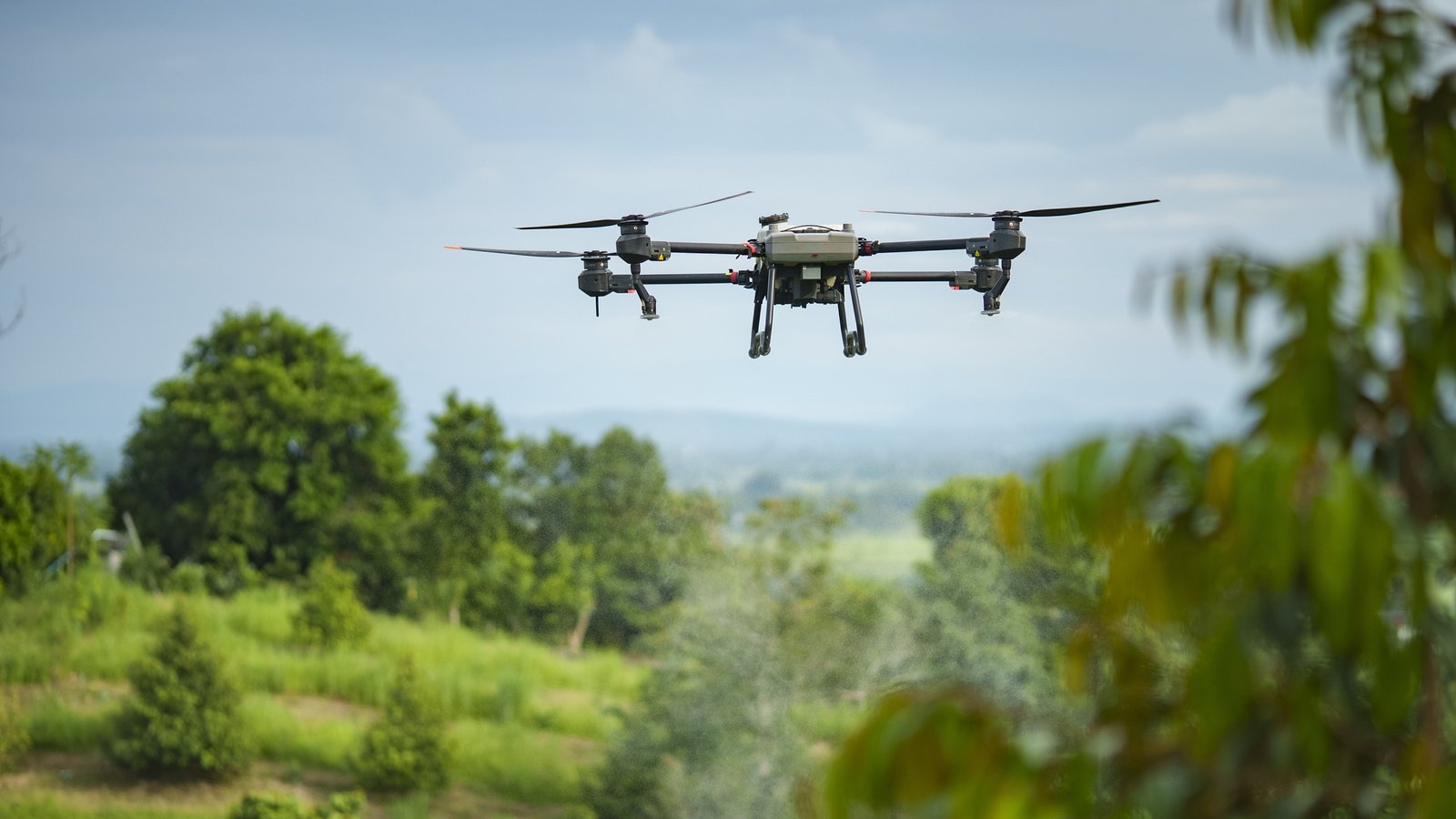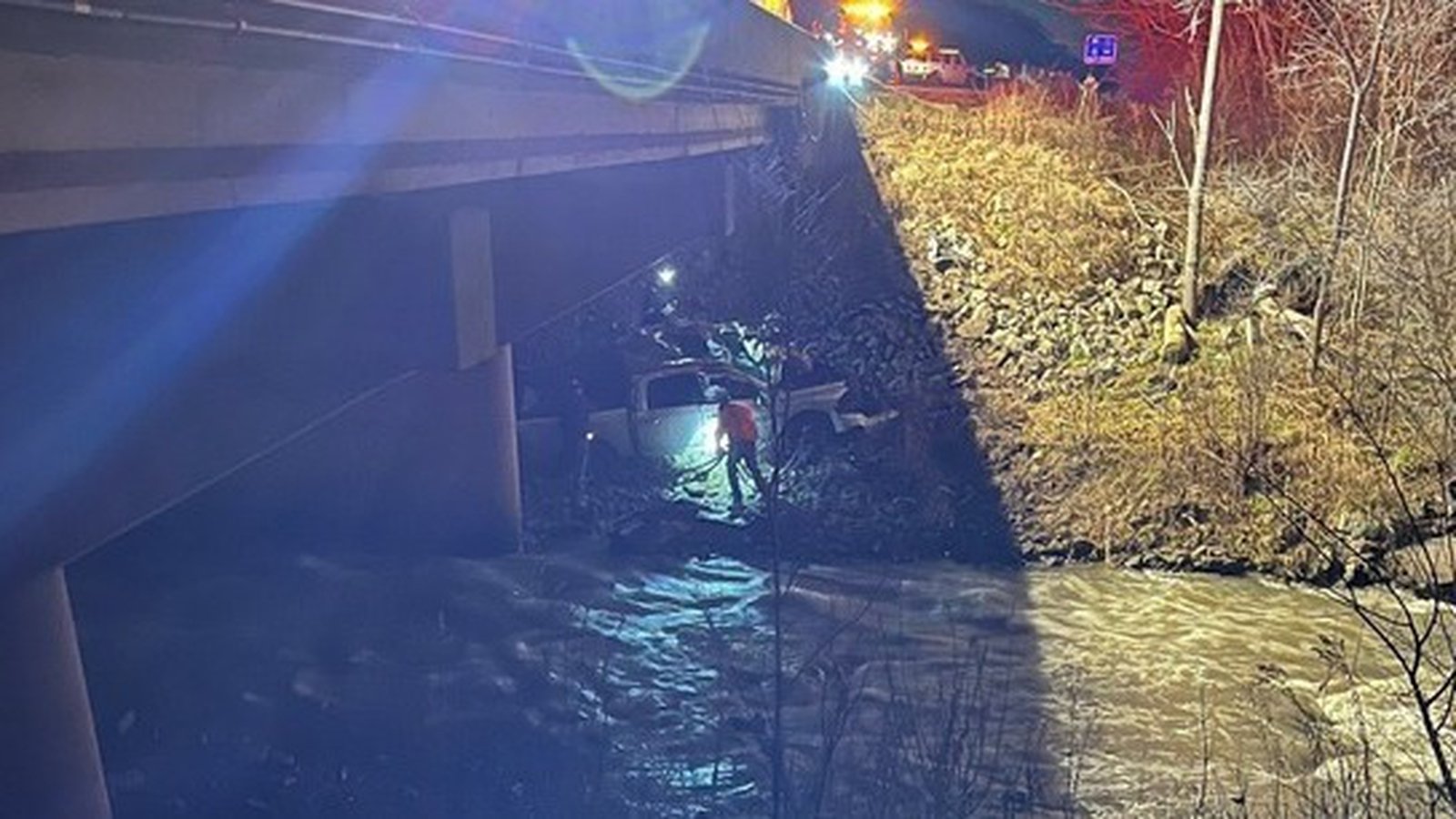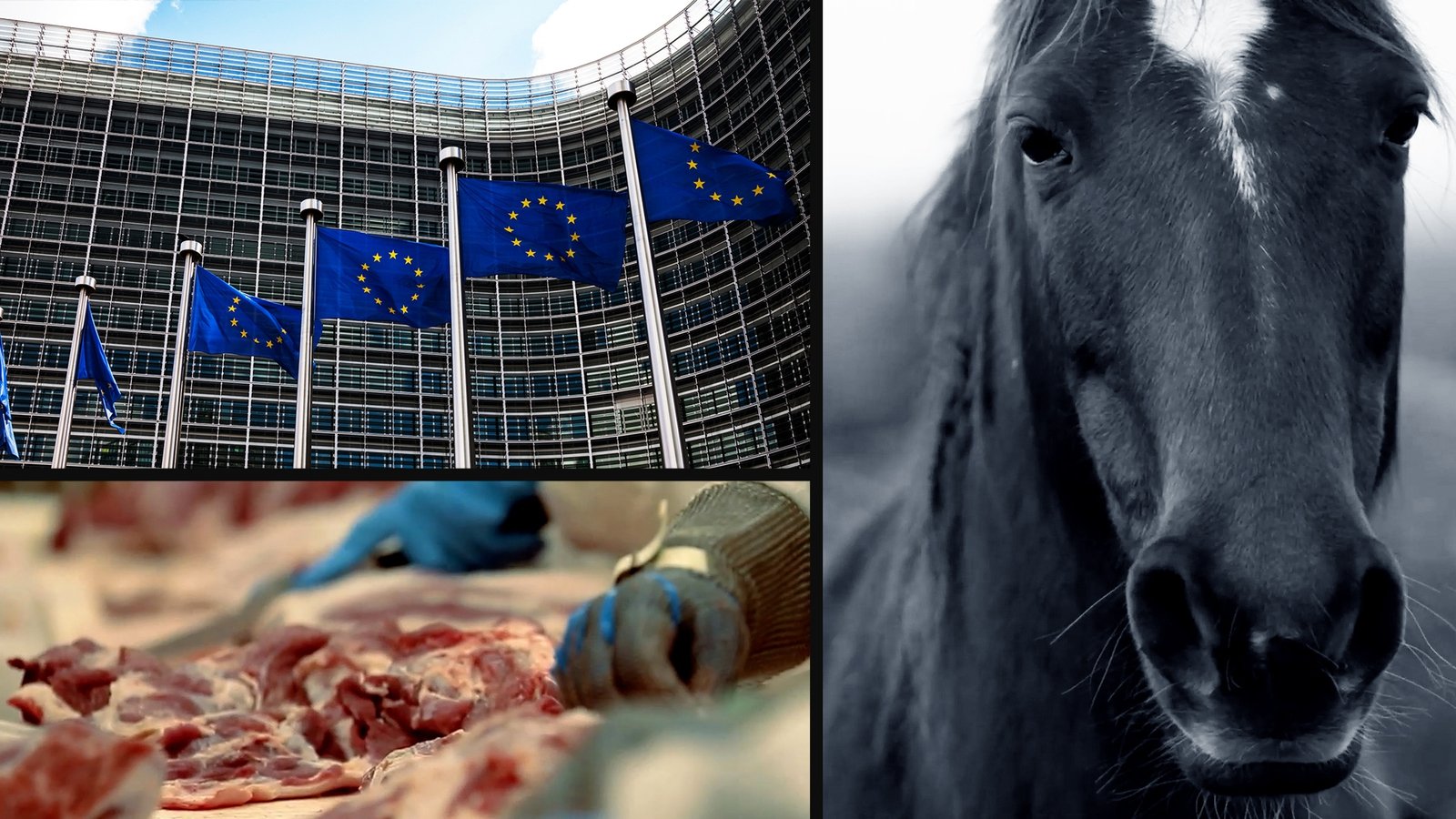Man guilty of murdering elderly neighbour with machete
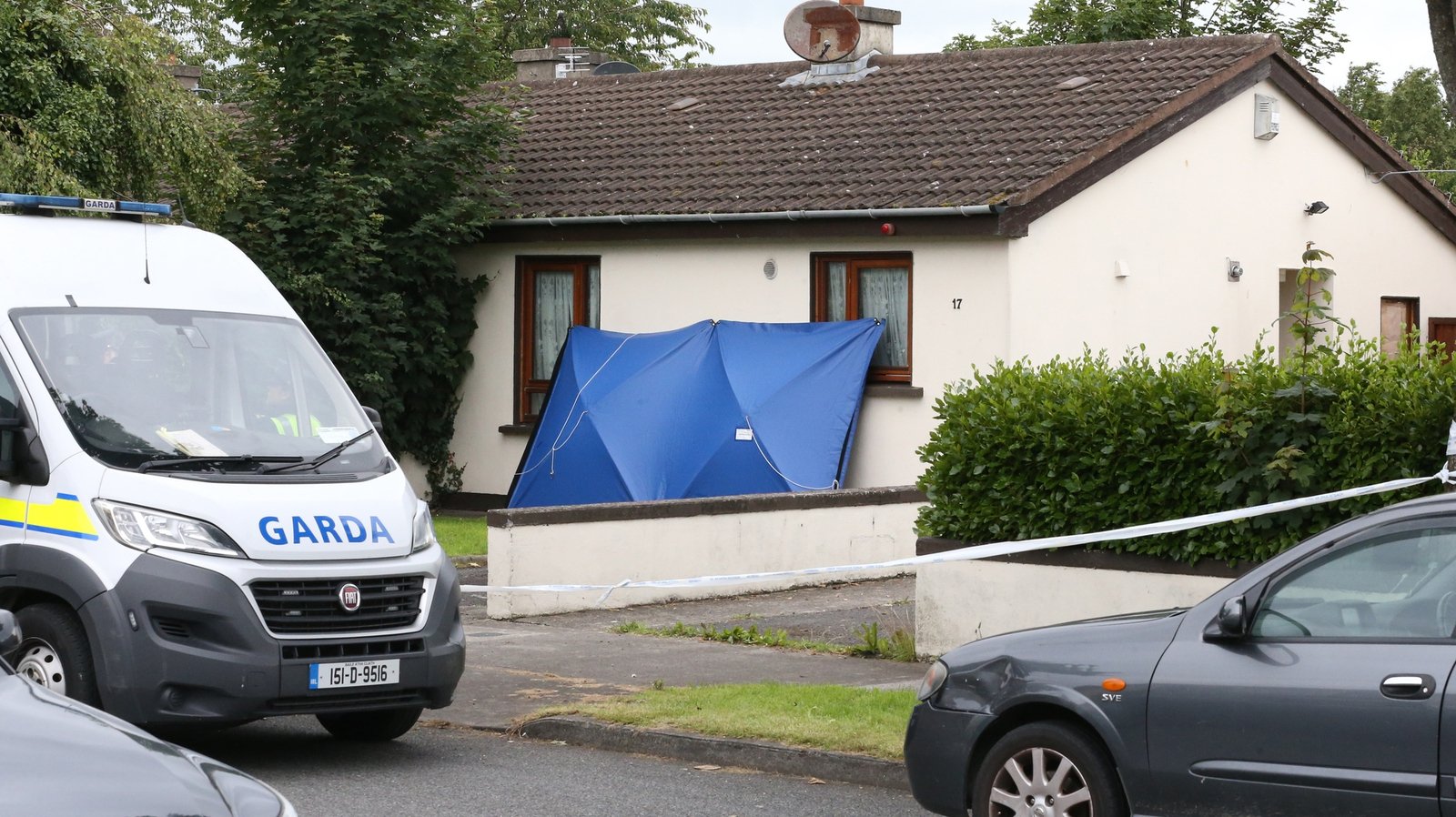
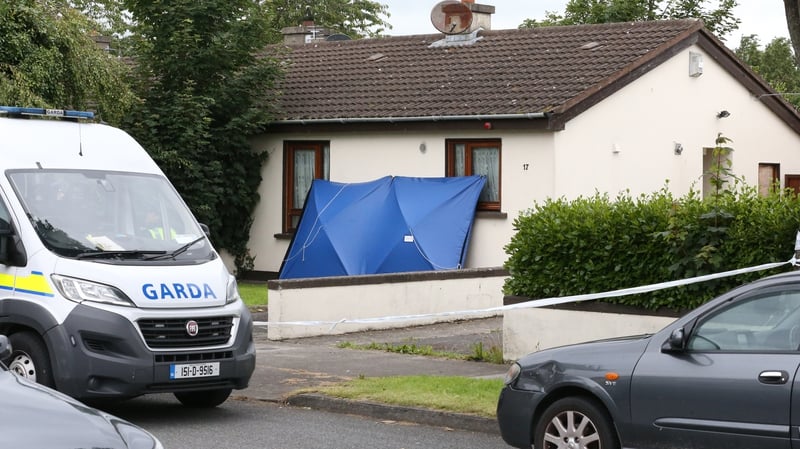
A man who attacked and killed his elderly neighbour with a machete has been found guilty of murder.
Patrick McDonagh, 52, from Whitechapel Road, Clonsilla, Dublin, had admitted manslaughter but denied a charge of murdering 73-year-old Peter McDonald.
The jury reached a verdict having deliberated for over five hours.
McDonagh will be sentenced on Wednesday to the mandatory term of life in prison.
The two men had lived next door to each other and had previously got on well, the court was told.
However the trial heard McDonagh had a history of mental illness and the jury had to consider a special defence of diminished responsibility.
A number of neighbours told the court McDonagh had a history of odd behaviour and could often be seen praying in his front garden. On the night of the attack he was seen by a number of people creating a disturbance outside his home and later at the door of his elderly neighbour.
Mr McDonald was subjected to what was described as a brutal and horrific attack just minutes after gardaí had left his home in the early hours of 25 July 2020. Mr McDonald had called gardaí because he was concerned about McDonagh who had earlier in the evening threatened to kill him.
Neighbours reported hearing Mr McDonald cry out for help shortly after gardaí left his home. They also said McDonagh walked calmly back to his own home as Mr McDonald lay in front of his own house with multiple traumatic wounds.
McDonagh was later involved in a stand-off with gardaí who had to subdue him in his house before arresting him.
The jury heard conflicting evidence from two psychiatrists about McDonagh’s psychiatric condition and diagnosis.
Dr Mary Davoren, who was called as a prosecution witness, said if there was any abnormality in his mental state at the time it was most likely caused by the use of cannabis.
However, Professor Patricia Casey, who was called as a defence witness, said he was suffering from the acute symptoms of schizophrenia and his responsibility for the killing was therefore substantially diminished.
Sustained and violent attack
In closing argument, Prosecuting Counsel Philipp Rahn SC said the evidence clearly showed that something had made McDonagh very angry that night and that anger was directed at Mr McDonald.
He said the nature and extent of the injuries to Mr McDonald indicated a sustained and violent attack in which he suffered multiple traumatic injuries including slash, chop and stab wounds.
He said the jury should have no doubt there was intent to kill or cause serious harm and there was “lethal intention”.
He said it was not a frenzied attack as McDonagh had been heard earlier threatening to kill his neighbour.
He said Mr McDonald had reason to call gardaí that night and within minutes of them leaving he was killed. Mr Rahn said it was a “violent, merciless and sustained attack,” leaving Mr McDonald with no chance.
Defence Counsel John Fitzgerald SC told the jury his client had a long history of psychiatric illness with multiple diagnoses of schizophrenia and schizoaffective disorder. He had been prescribed anti-psychotic medication for 20 years.
Mr Fitzgerald pointed to the evidence from neighbours that McDonagh was viewed as “crazy” and “not right in the head” and said over the years his client had made “outrageous claims” that he was responsible for the twin towers attack in New York or the death of Princess Diana.
These events pre-dated the attack on his neighbour, Mr Fitzgerald said. He said there was evidence that McDonagh’s condition had deteriorated in the lead up to the killing with his carer telling the trial he had become worse during Covid. Mr Fitzgerald said none of the evidence was consistent with any planned killing or tactical thinking.
Mr Justice Michael McGrath had told the jury if they were satisfied the prosecution had proved all the elements of murder they must then consider the defence of diminished responsibility due to a mental disorder.
The judge said such a defence can be raised under the Criminal Law (Insanity) Act 2006 and if established can reduce a murder conviction to one of manslaughter.
The judge said the evidence of the expert witnesses was to assist the jury in reaching a verdict, but the issue of diminished responsibility was a matter for the jury, he said, adding: “This is not a trial by experts, it is a trial by jury.”
The judge said they must reach their verdict based on all of the evidence, including that of witnesses who described McDonagh’s behaviour before and after the killing.

